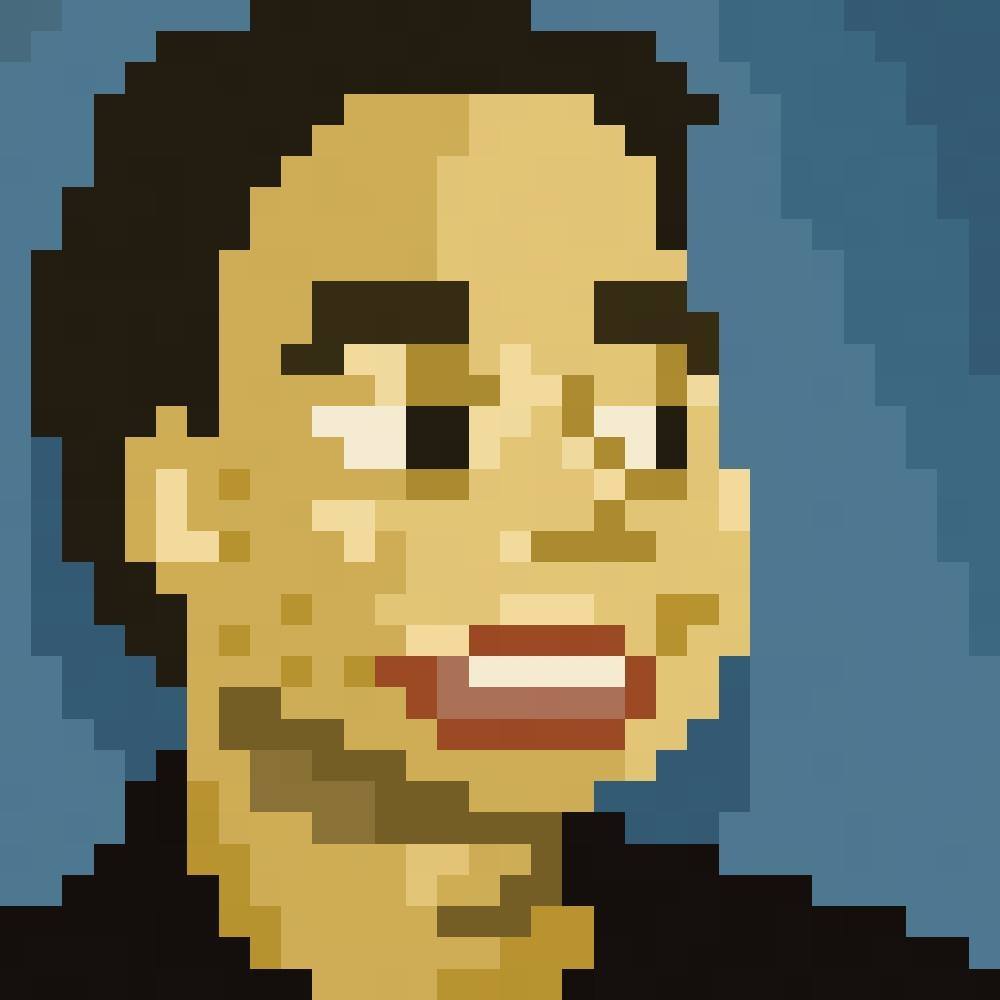
Author: Taro Omiya
-
Weekly Game Music: Kakkoi! (Edge)
Here’s a hip tune: Kakkoi! It’s from an award-winning indie iPhone game, Edge. Despite its Japanese title and style, though, the track is composed by a French composer, Romain Gauthier. Edge is a simple game that involves rolling a cube through an obstacle course, and into the goal. Initially created for the iPhone, you drag…
-
Weekly Game Music: Still Alive (Mirror’s Edge)
Another song with lyrics, here’s Still Alive from…Mirror’s Edge, written and sung by Swedish singer, Lisa Miskovsky. What, you thought I was going to post the song from the first Portal game!? Sorry, but I’m too hipster for that I already posted a Portal 2 song, and it’s my policy to stick with only one…
-
Weekly Game Music: Lullaby Set (Braid)
I know it’s Halloween, but I’m not aware of many spooky music that’s tolerable without context. Instead, I’m choosing a relaxing music from Braid: Lullaby Set, by Shira Kammen and Pam Swan. And hey, the video displays a burning city, so I guess that’s creepy enough for some of you. Braid stars an unlikely hero…
-
City of Wonder Review
City of Wonder, developed by Playdom, is a construct-your-own-city simulation with a historical slant. As such, City of Wonder adds one more dimension to simply just constructing a city: it also allows you to construct your own history to better technology, artworks, and/or military. While this certainly makes the game unique, the complexity and slow…
-
CityVille+ Review
CityVille, developed by Zynga, currently stands as the most played game on Facebook. I’ll admit that I did not enjoy FarmVille much, another popular game by the same developers, and had a very reserved opinion when starting up CityVille. That said, I was pleasantly surprise. CityVille manages to be an addicting game due to its…
-
Weekly Game Music: Stairway to Revelation (Tower of Heaven)
Here’s another chiptune from Askiisoft’s Tower of Heaven, Stairway to Revelation by flashygoodness. It’s a recurring theme in the game, and fits perfectly with the Gameboy-like graphics the game portrays. The game starts with Eid, a big-headed silhouette, entering the Tower of Heaven. Upon entering, an omnipotent voice grudgingly welcomes our hero, warning him almost…
